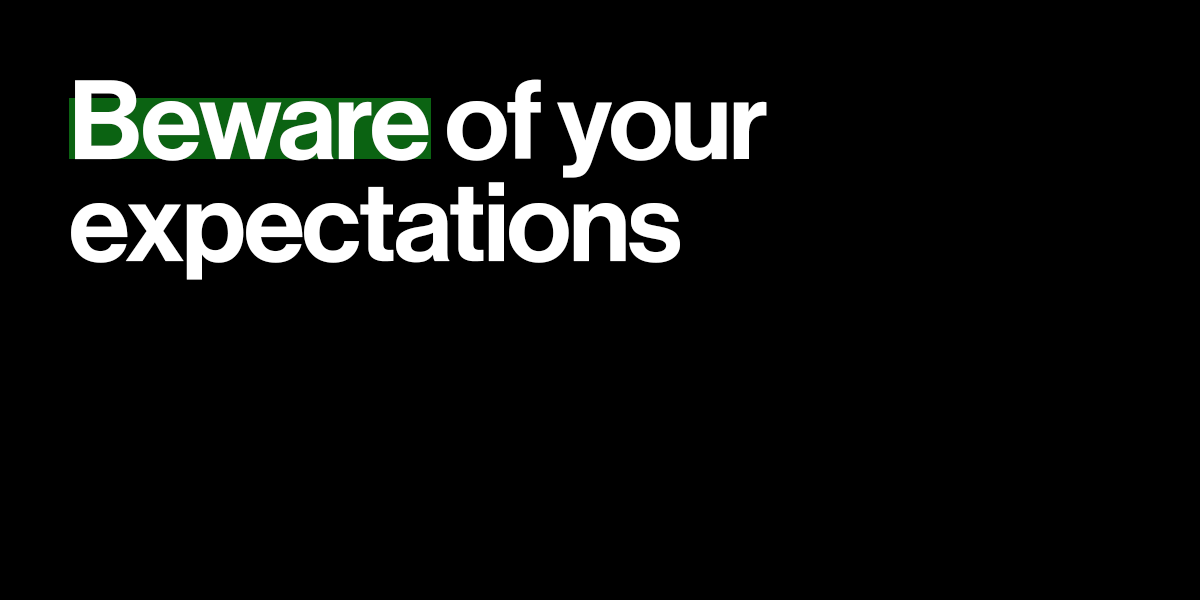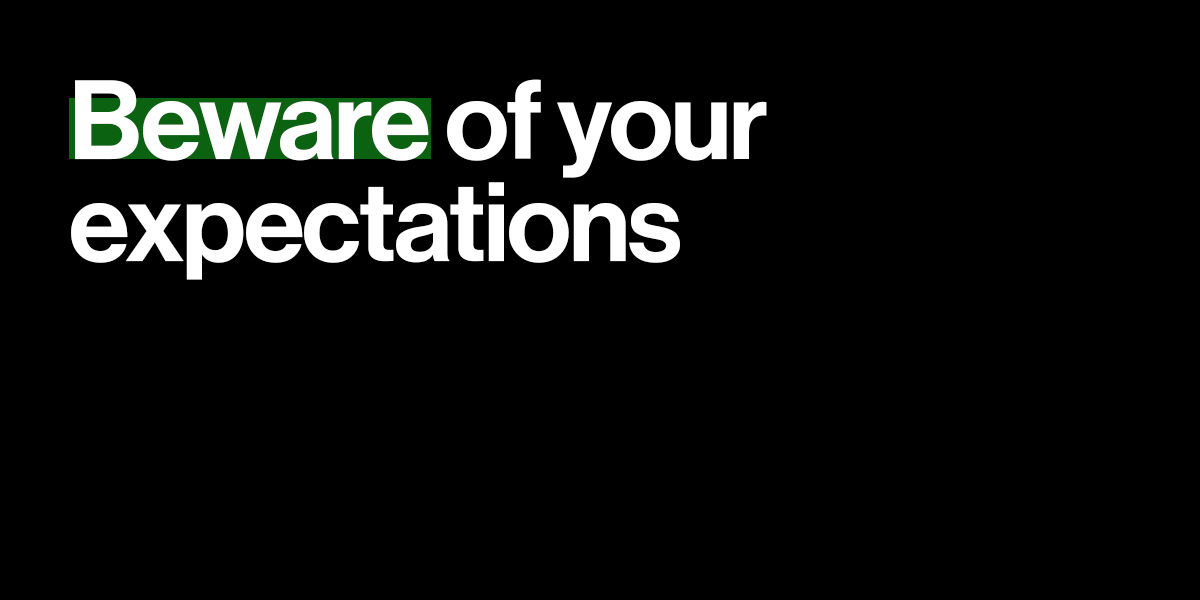This is a thread about how to avoid sharing bad information about the election. https://www.technologyreview.com/2020/11/02/1011521/election-2020-how-to-avoid-sharing-bad-information-online/?utm_medium=tr_social&utm_campaign=site_visitor.unpaid.engagement&utm_source=Twitter#Echobox=1604354593
It’s likely that you will encounter during election week quick-moving and questionable videos, claims, and dispatches before they can be verified and fact-checked.
It’s also important to know that Election Day misinformation has two big goals:
First it will attempt to keep people away from the polls.
Then it will undermine the integrity of election results.
First it will attempt to keep people away from the polls.
Then it will undermine the integrity of election results.
Although major, persistent conspiracy theories like QAnon have attached themselves strongly to the US right wing, anyone can be vulnerable to sharing misinformation. https://blogs.scientificamerican.com/beautiful-minds/liberals-and-conservatives-are-both-susceptible-to-fake-news-but-for-different-reasons/
Moments of urgency or crisis can give misinformation more fuel, even among people who should know better.
So how do you avoid the trap of sharing bad information when everything feels terrible and urgent? Here’s some election-specific advice. https://www.technologyreview.com/2020/11/02/1011521/election-2020-how-to-avoid-sharing-bad-information-online/?utm_medium=tr_social&utm_campaign=site_visitor.unpaid.engagement&utm_source=Twitter#Echobox=1604354593
It builds on our existing guide to protecting yourself from misinformation. https://twitter.com/techreview/status/1267902871330271232
Even if you don’t have a large or influential following online, sharing dubious online trash with even a small circle of friends and family can help something catch.
Things can trend on social media when regular users join in and amplify something that is being engineered to gain attention. So, you know, give yourself some credit.
Interacting with misinformation on social media *at all*, even if you’re trying to challenge or condemn it, risks amplifying the content you’re trying to minimize, by signaling to the platform that the thing you’re interacting with is interesting.
Misinformation’s goal is to “evoke an emotion,” says @digitalsista, the founder of @StopOVAW, and who has long studied how misinformation targets and harms Black communities online. “The minute it evokes an emotion, you have to hit pause.”
Figure out “which organizations and which publishers you can more or less trust most of the time,” says @Lyric_Jain, the founder of the UK-based verification app Logically.
You can help others, too.
“Right now, you can start spreading good information on what to expect,” says @holden. On Election Day, “when people try to spin these events, the people in your network say ‘Oh, I remember Jill sharing something about that.’”
“Right now, you can start spreading good information on what to expect,” says @holden. On Election Day, “when people try to spin these events, the people in your network say ‘Oh, I remember Jill sharing something about that.’”
“I really would encourage people to think about their role in social media as not running around sharing things they can’t verify, or arguing back and forth with a bunch of people who don’t want to hear what they say,” says @holden.
Instead, you can share things that provide context and clarity: resources on your state’s voting rules, information on how the swell of mail-in votes is being handled in key states, or reporting on when, based on those rules, experts expect final tallies.
Although many things are uncertain about this week, experts have also flagged some long-running misinformation threads designed to undermine the integrity of the elections. Some of those have already been debunked. https://www.eipartnership.net/rapid-response/narratives-targeting-electronic-voting-machines
Although the threat of misinformation on Election Day is serious, “I don’t want people to spend their day online thinking that everybody is a Russian troll,” says @camillefrancois.
Foreign actors, notes @camillefrancois, often depend on people believing their false or exaggerated claims of interference and impact, so “if [you] see a foreign actor come and say they successfully hacked the election, [you] should take it with a grain of salt.”
Multiple experts @abbyohlheiser spoke with expressed variations on a similar concern: that well-intended efforts to highlight election-related violence could lead people to believe that violent unrest is significantly more widespread than it is.
This has left some organizations with a quandary of how to inform the public without overhyping isolated incidents or ignoring moments that deserve more widespread concern and attention.
While it’s important to pay attention to things like the future of democracy, it’s also a good idea to stop doomscrolling.
The content in this thread was reported by @abbyohlheiser. You can read her full story here: https://www.technologyreview.com/2020/11/02/1011521/election-2020-how-to-avoid-sharing-bad-information-online/?utm_medium=tr_social&utm_campaign=site_visitor.unpaid.engagement&utm_source=Twitter#Echobox=1604354593
From mail-in votes to online propaganda, tech has a huge role in the US elections. Our new newsletter has tracked the run-up—and will track the aftermath. Sign up for The Outcome: https://forms.technologyreview.com/newsletters/the-outcome/

 Read on Twitter
Read on Twitter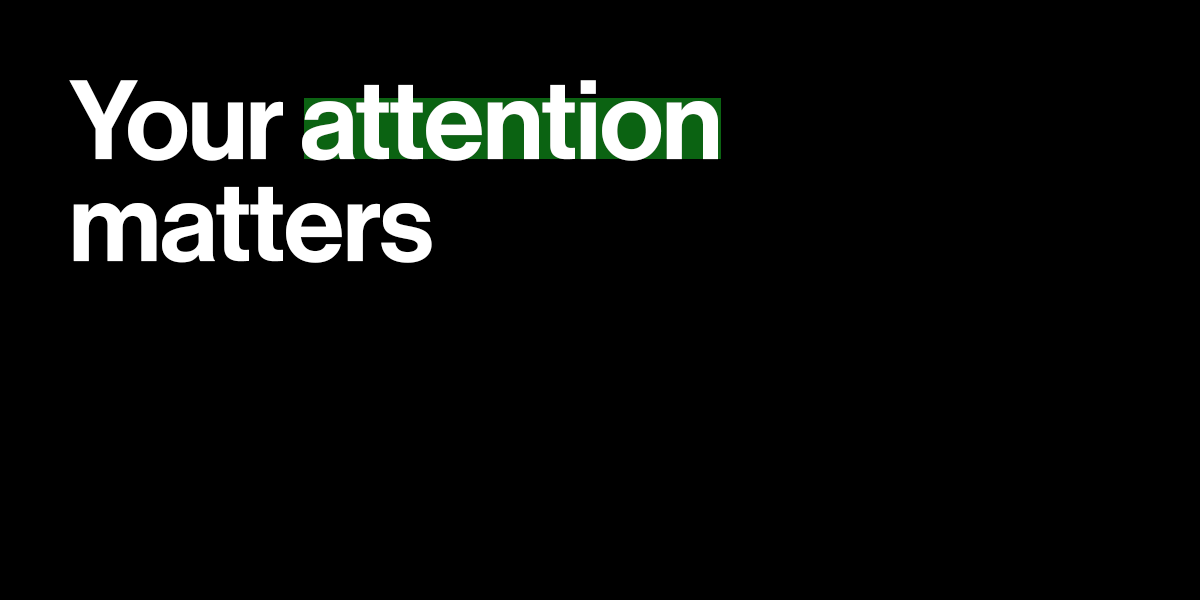
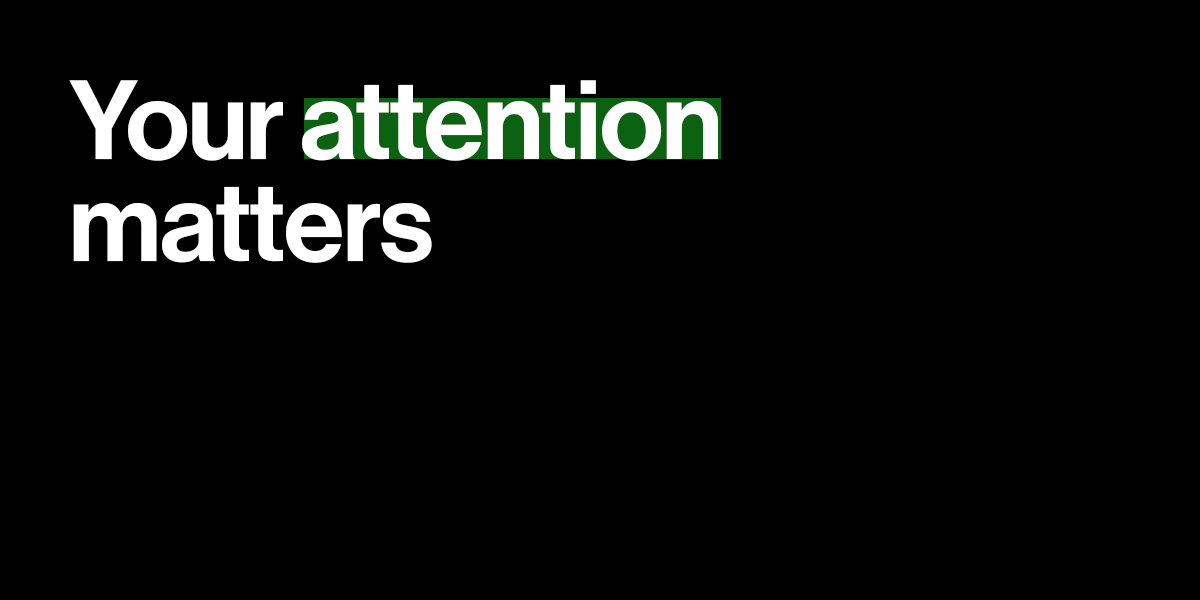
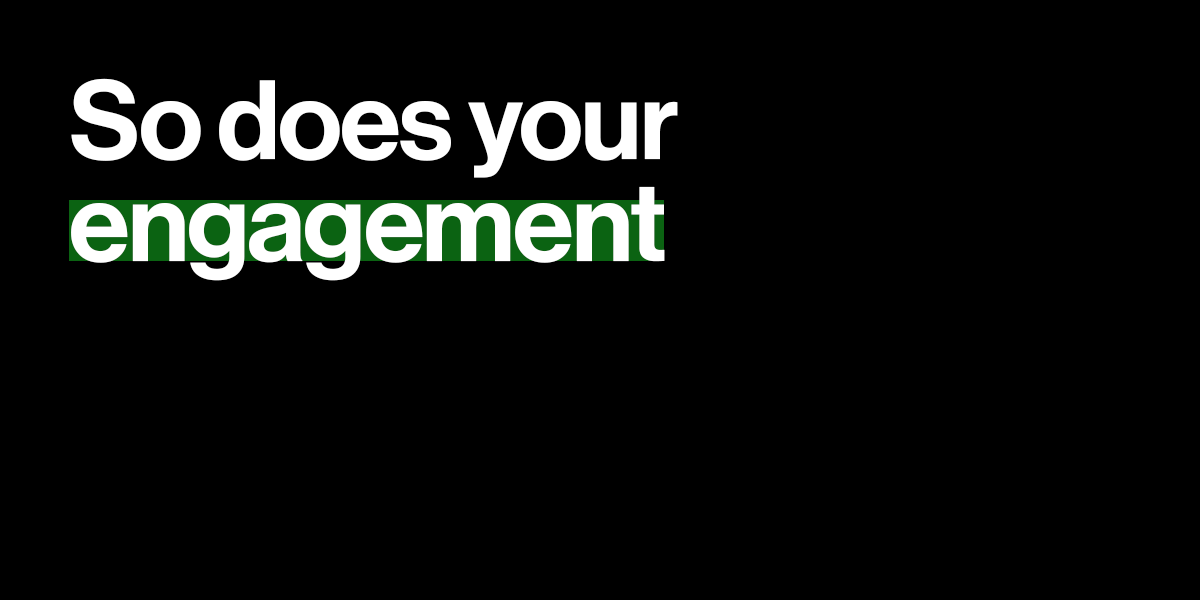
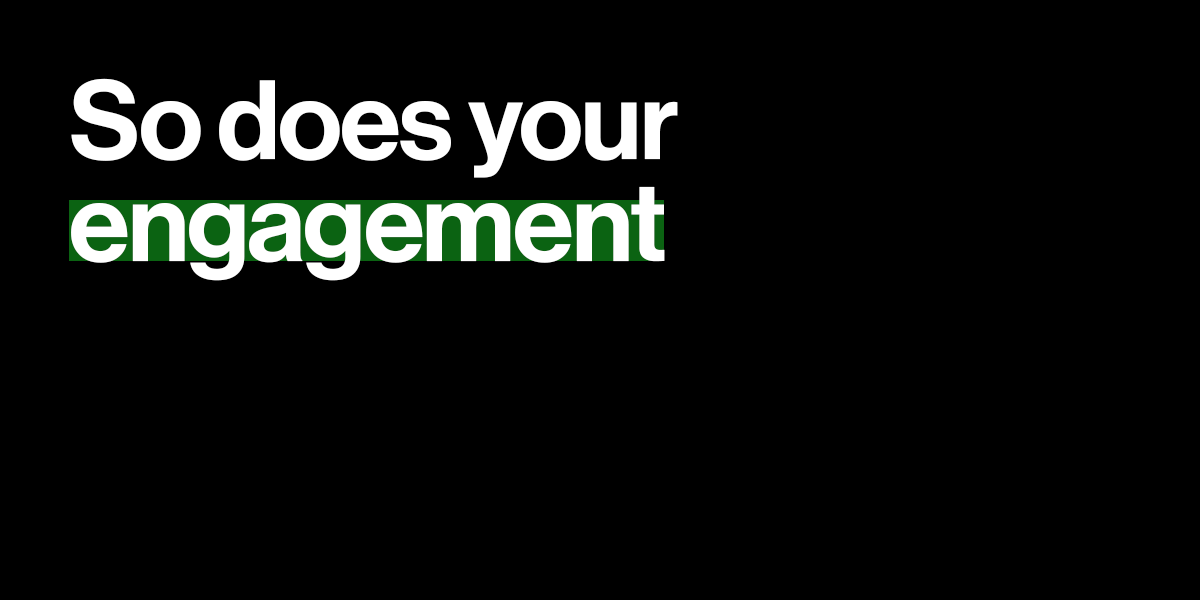
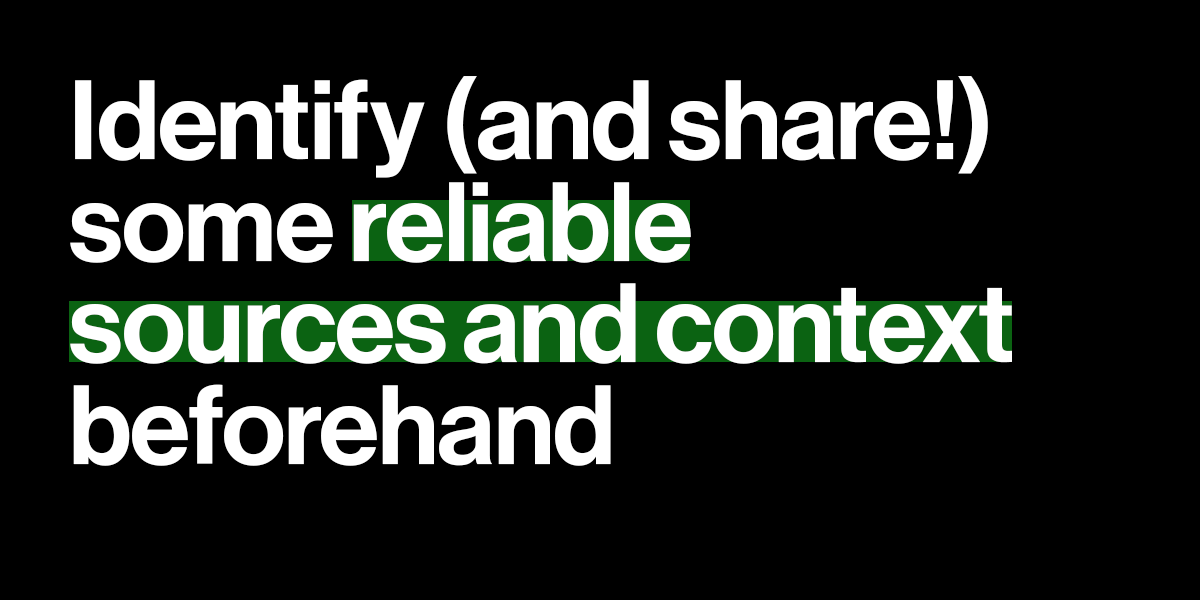
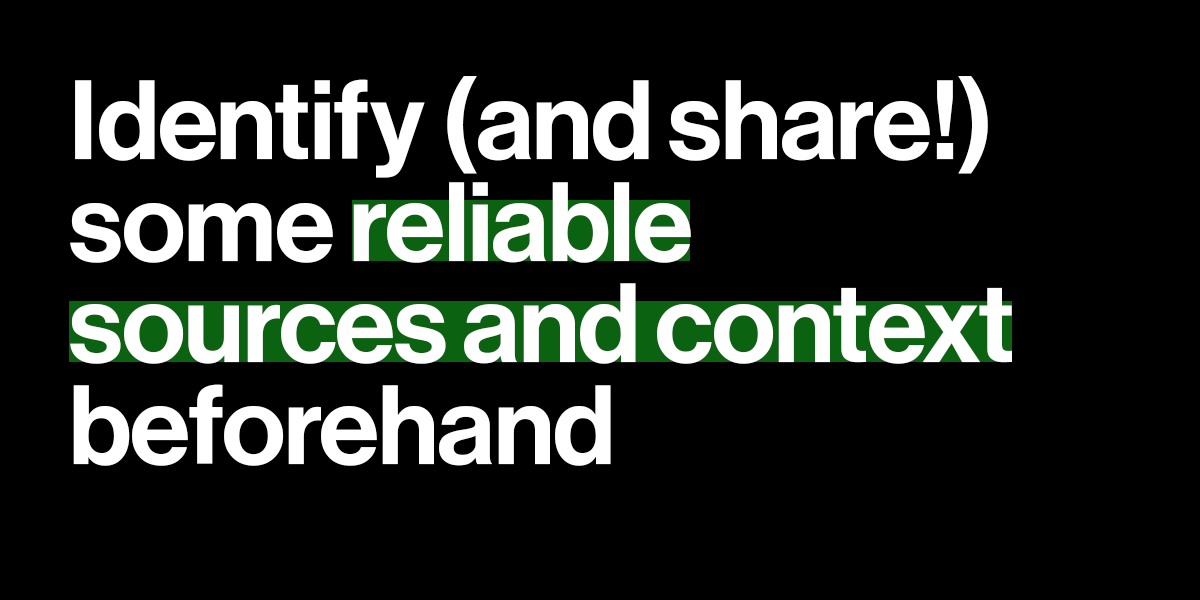
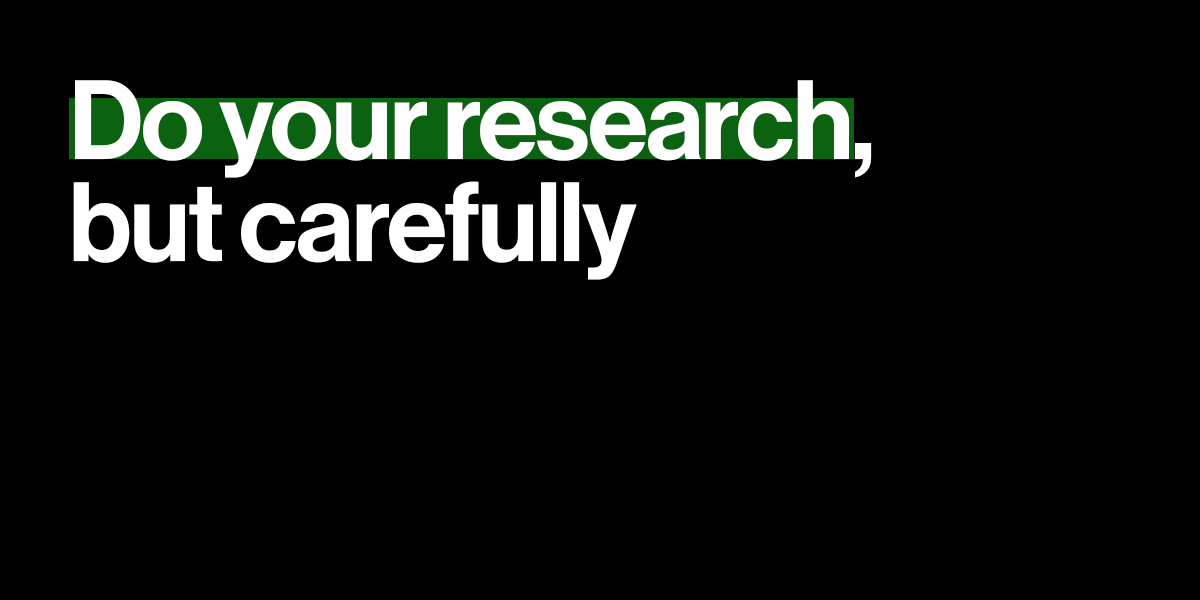
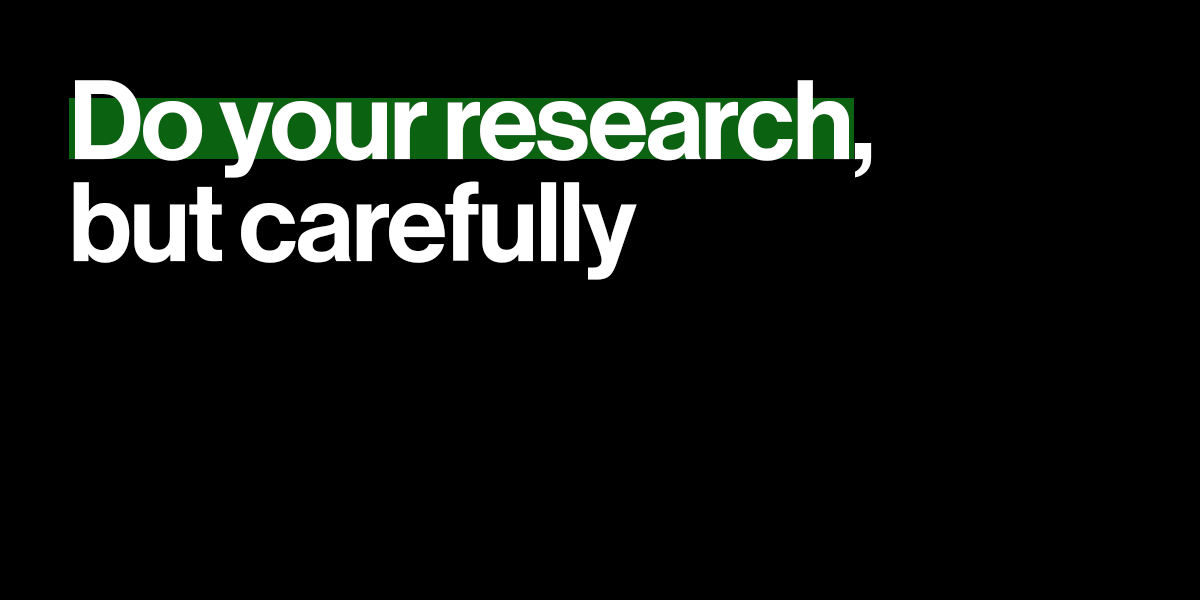
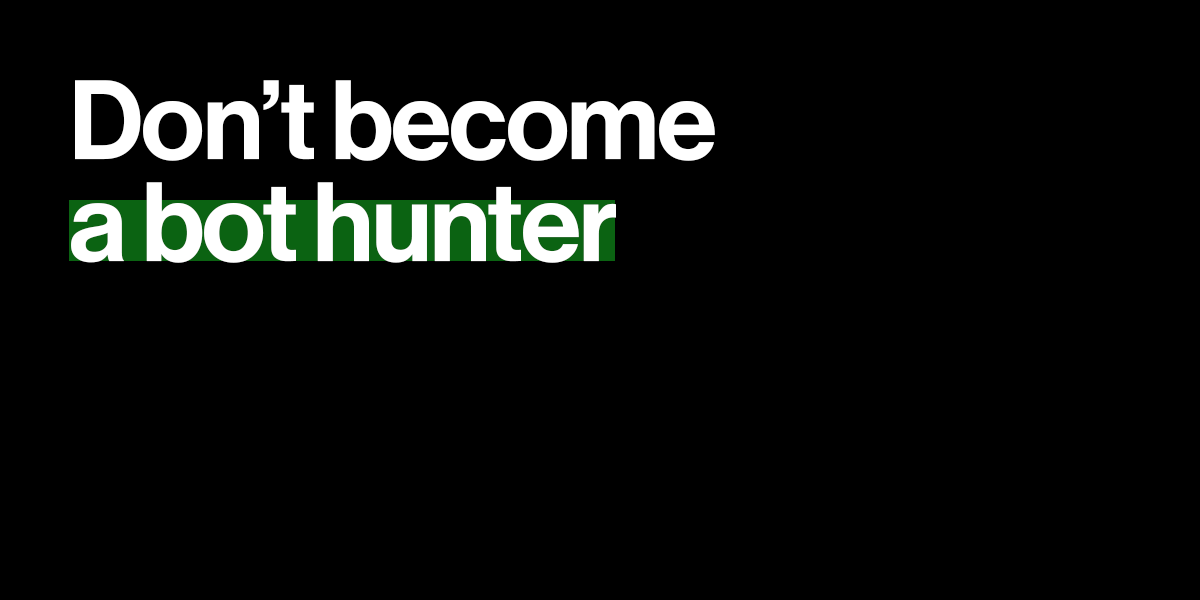
![Foreign actors, notes @camillefrancois, often depend on people believing their false or exaggerated claims of interference and impact, so “if [you] see a foreign actor come and say they successfully hacked the election, [you] should take it with a grain of salt.” Foreign actors, notes @camillefrancois, often depend on people believing their false or exaggerated claims of interference and impact, so “if [you] see a foreign actor come and say they successfully hacked the election, [you] should take it with a grain of salt.”](https://pbs.twimg.com/media/El2dxm8U4AAWF4h.png)
